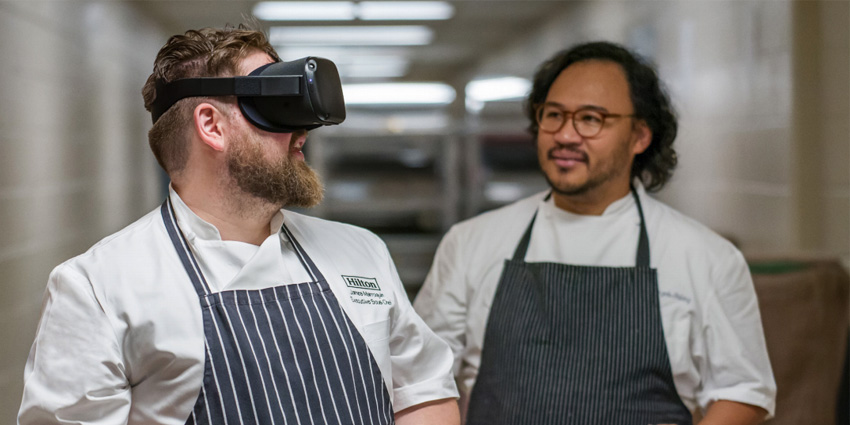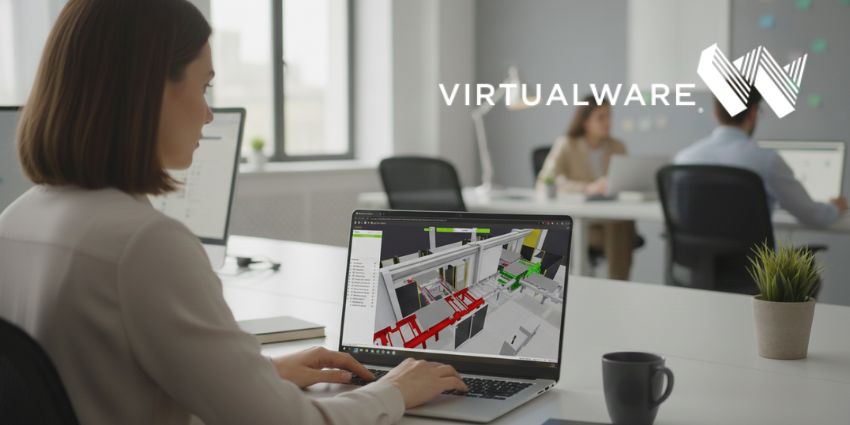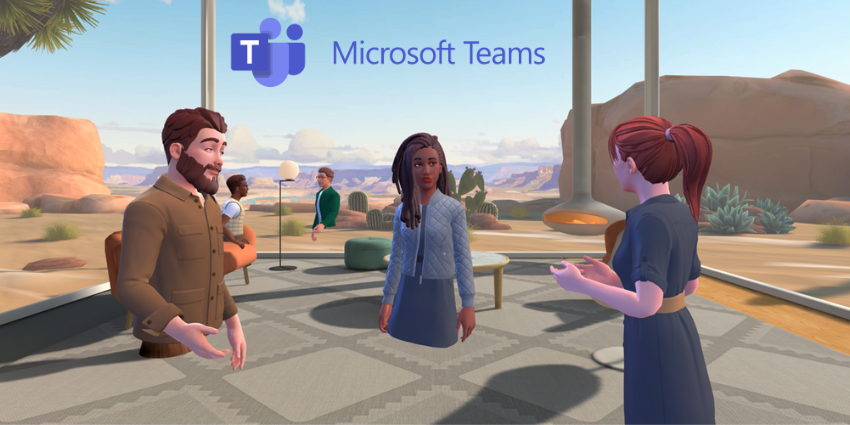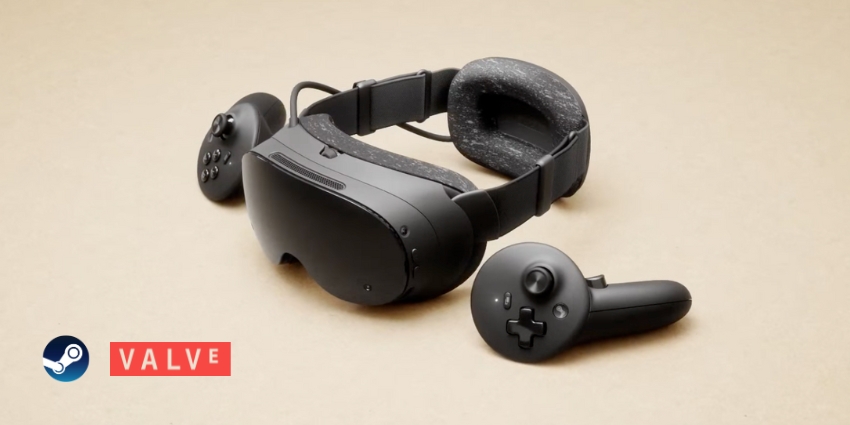When virtual reality first emerged, most of us saw it as a novelty. VR was a fun way to add an extra dimension to gaming and entertainment experiences, but we couldn’t imagine a future where it would be commonplace. Now, all of that’s beginning to change.
The arrival of cheaper headset technology, better tools for virtual reality imagery, and enhanced internet connections means that VR is more accessible than ever. It’s starting to make an impact outside of the entertainment world too, in environments like engineering, healthcare, and even hospitality.
In 2020, when the world went into lockdown following a global pandemic, companies began leaning even more heavily on VR as a way of helping customers to imagine the kind of experiences they could have when travel was once again an option. Virtual travel became a new concept – allowing people to step into stunning locations from the comfort of their own homes.
When the pandemic subsides, it’s unlikely that virtual reality travel will replace the unique experiences that come from actually exploring the world. However, the impact that VR can have on the hospitality industry won’t diminish.
The Potential for VR in Hospitality
What’s really capturing the attention of companies today is the way that VR can inspire and emotionally move people. A virtual environment with realistic sounds and sights can essentially give customers the option to try a destination out for themselves before they agree to a new travel experience. You could test out the feel of hiking in the Rocky Mountains before you go there.
Some of the biggest opportunities for VR in hospitality include:
- Virtual travel experiences: VR probably won’t replace the thrill of going on an actual vacation with your family. However, it can give you a sense of what an environment is like before you pay for an expensive trip. Virtual reality journeys could also be a valuable way for people who are unable to travel to get new experiences and see different places. Bed-bound or ill people who want to transport themselves into a new location will have more options than ever before.
- Virtual hotel tours: Virtual reality hotel tours will allow hospitality companies to show customers around a hotel or villa before they check in. You can check out what your hotel room is going to look like and make better decisions about which properties are bet for you. If you’re trying to decide between various hotel locations, the one you can visit first with VR is sure to grab your attention.
- Virtual booking processes: Companies are even putting virtual reality booking experiences to the test. Amadeus, a travel company, is allow customers to look for flights, book rooms, and check hotel prices by sorting through information with their headset. A VR booking experience has the potential to be far more immersive than your basic scrolling and clicking adventure on a travel website.
Bringing VR to Hospitality: The Hilton Experience
Hotel companies have been exploring the VR landscape for a while now. In 2015, Marriot created the Vroom experience to let travelers check out different corners of the globe from a hotel room. The idea was to provide customers with something unique to do from inside their hotel room when outdoor adventures might not be possible.
With the help of Facebook and Oculus, Hilton hotels recently began to invest in VR technology too. As one of the largest hospitality companies in the world, Hilton has more than 6,000 properties across 117 territories and countries. It’s also recognized as the second-best workplace in the world.
To help develop the empathy and caring attitude that makes their employees so appealing, Hilton turned to the development of innovative VR learning experiences. Through the Oculus for Business platform, the company worked with SweetRush – a development company, to design a cutting-edge experience for employees.
Connecting Hotel and Corporate Teams
Since many of the corporate team members throughout the Hilton business have never actually worked within a hotel, it’s common for them to come up with new ideas for customer experience that can accidentally make life more challenging for the front-line staff. To ensure that Hilton’s executives actually know what life in the hotel is about, Hilton partnered with Sweet Rush to create a virtual hotel experience for corporate team members.
The project was a rousing success, with 87% of team members changing their behavior through VR training. Executives had a better understanding of how life in the hotel works, so they could come up with more realistic opportunities for growth.
The SweetRush learning and development team also created VR scenarios that would help Hilton to guide their hotel team towards handling more challenging interactions with guests in the best way possible. With access to Oculus headsets, team members can take on the role of guests in common scenarios. This could include interacting with people at a front desk, requesting room service, organizing a meeting room, or just checking out.
The empathy-focused learning experience gives hotel employees an opportunity to see what it feels like when interactions are managed poorly or handled correctly by members of staff.
Building Empathy with VR
In the hospitality sector, empathy is the key to driving memorable experiences. People rely on their hospitality companies to give them comfort and support during times when they may feel nervous or vulnerable – such as when they’re exploring a new environment. Hilton believes that using VR to develop empathy in employees can help them to offer a better level of customer service.
According to Hilton, creating an experience that increases empathy for team members is a game-changing process for the company. If team members can understand what guests feel, then they’ll be better equipped to deliver the experiences that they expect. In the same way, if executives understand the issues that employees deal with every day, they’ll know how to interact better with staff.
If VR can effectively develop more meaningful empathetic experiences in the hospitality sector, who knows what else it could do to change the way we travel?







